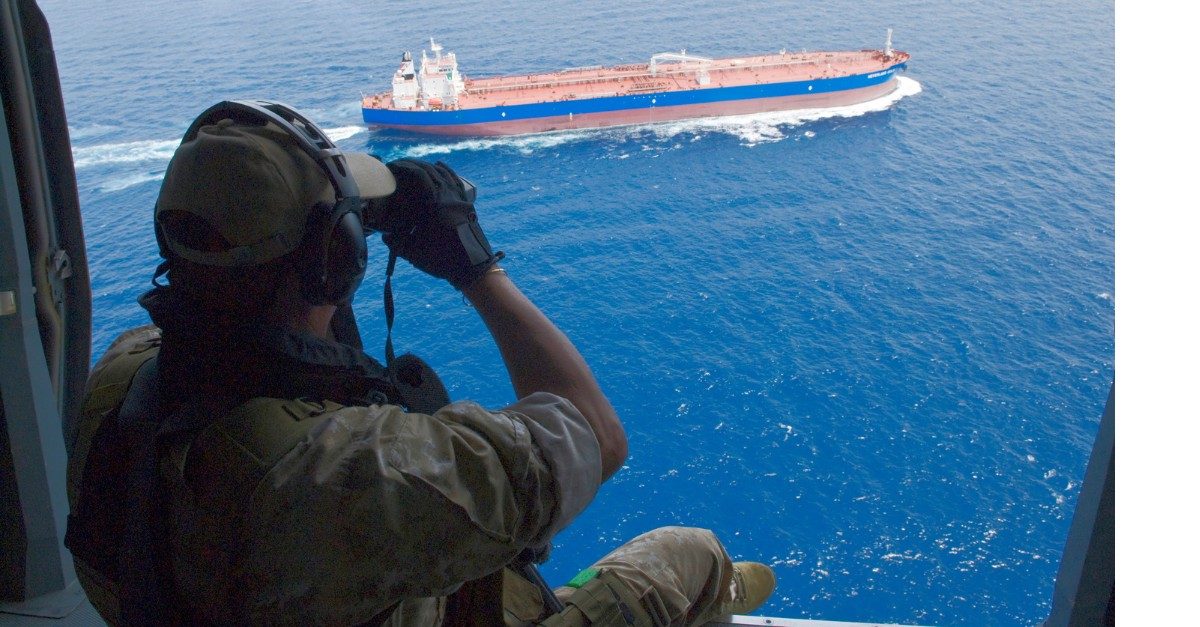The idea of a Red Sea Arena, a term that refers broadly to the increasingly interconnected dynamics linking the Horn of Africa to its Gulf neighbours, has gained traction over the past decade, due to the complex and multifaceted situations and contestations conjuring images of a boxing ring where actors spar for power and influence. However, the Horn of Africa has long been portrayed as a location rather than an actor, a zone of rivalry among Gulf states, great powers and shifting external interests. Commentators have focused on the Gulf states’ growing presence, China’s infrastructure diplomacy, and the West’s counter-terrorism footprint. The African states along the Red Sea are often portrayed as spectators or recipients in the region. This is not the case. While African agency is being acknowledged far more frequently within many African academic and policy circles, it remains notably less prominent in much of the global analysis of the region.
Commentators have focused on the Gulf states’ growing presence, China’s infrastructure diplomacy, and the West’s counter-terrorism footprint. The African states along the Red Sea are often portrayed as spectators or recipients in the region.
Tweet
In this context, agency can be understood as the ability of an actor to exert power, make decisions, and influence the course of events. Recent developments across the Horn illustrate African agency more clearly than many analyses suggest. Somalia has recently shown its ability to exercise agency in numerous ways, for example, with the state’s assertive rejection of the Ethiopia-Somaliland deal. Somalia’s decision to balance its relations with Gulf states, Turkey, the United States (US) and China, thereby avoiding a situation in which the country becomes entirely dependent on a single power, also represents a strategic exercise of agency. Djibouti is fostering strategic, infrastructure-led partnerships in a similar manner. Finally, Ethiopia’s pursuit of Red Sea access through a deal with Somaliland, and Somaliland’s willingness to cooperate, though controversial, are both further examples of agency.
These are just a few of many examples of recent expressions of African agency. Despite these developments, much of the international commentary still views African states as purely reactive., if involved at all. For example, much of the literature on the Red Sea Arena tends to frame the region largely through the lens of Saudi–United Arab Emirates (UAE) or US–China competition. Similarly, reports on maritime insecurity in the Red Sea tend to highlight Western or Gulf naval activity, with African responses perceived as secondary. Finally, discussions on infrastructure projects typically foreground external investors, while African states are portrayed as passive recipients. The persistent nature of this perception has less to do with facts than with habit: the idea of Africa as a stage for others’ ambitions has deep roots.
However, recognising agency does not mean romanticising it. Agency is often exercised within conditions that limit, complicate, or distort strategic choice. In the Horn, these constraints are significant. Most Horn economies are still highly dependent on external funding, while the internal political fragility and ongoing conflicts within many Horn states, continue to constrain diplomatic capacity. These conditions do not negate agency but rather define the terrain within which agency is exercised. Yet it is precisely because agency operates within such dense constraints that it must be acknowledged. African states are not passive objects being acted upon; they are actors navigating difficult structural conditions.
Recognising African agency is not simply an academic exercise. It has immediate, real-world implications for how the Red Sea Arena is analysed, governed and stabilised. Where African states are depicted as passive reactors rather than actors in their own right, policy frameworks have tended to underestimate African strategic interests and contributions, and overestimate external influence. This results in interventions being designed for the region, rather than with it. In practice, many of these approaches neglect domestic politics and misinterpret the interests that shape decision-making in the Horn.
Where African states are depicted as passive reactors rather than actors in their own right, policy frameworks have tended to underestimate African strategic interests and overestimate external influence.
Tweet
Recognising agency, by contrast, forces observers to take African intentions and interests seriously. Ethiopia’s search for diversified maritime access is not a response to Gulf competition but a long-standing strategic ambition with its own clear economic and political logic. Similarly, Somalia’s balancing of Gulf, Turkish, Western, and Asian partners reflects a deliberate effort to avoid relying on one power alone.
By increasing focus on African strategic behaviour, analysts gain a better understanding of what drives conflict and competition, where the sources of cooperation lie, and which factors will shape the region’s future. Stability in the Red Sea Arena will depend on how African states manage interdependence, negotiate pressures, and express their own regional vision. Policies that overlook African agency risk reinforcing instability rather than reducing it. Recognising agency is, therefore the first step in the process of creating policies that adequately address reality.
The Red Sea Arena has been and will continue to be shaped by multifaceted and intersecting interests both from within Africa and beyond. However, one point is clear: African states are actors, not observers, of their own interests, and they should be treated as such, thereby clarifying the dynamics driving state decisions.
Recognising African agency is vital because doing so rebalances how the region is understood. If scholars and practitioners continue to neglect African agency, they will misinterpret the incentives that guide state behaviour and run the risk of creating policies that do not align with the regional reality. Successful conflict-resolution efforts and security cooperation depend on external actors recognising that African institutions and governments already have their own interests, priorities, and principles of engagement. Ultimately, until African agency is centred rather than sidelined, analyses of the Red Sea Arena will remain incomplete and inaccurate.
Xanthe Gittings is a Research Intern at ACCORD, focusing on peace, security and African regional affairs.


